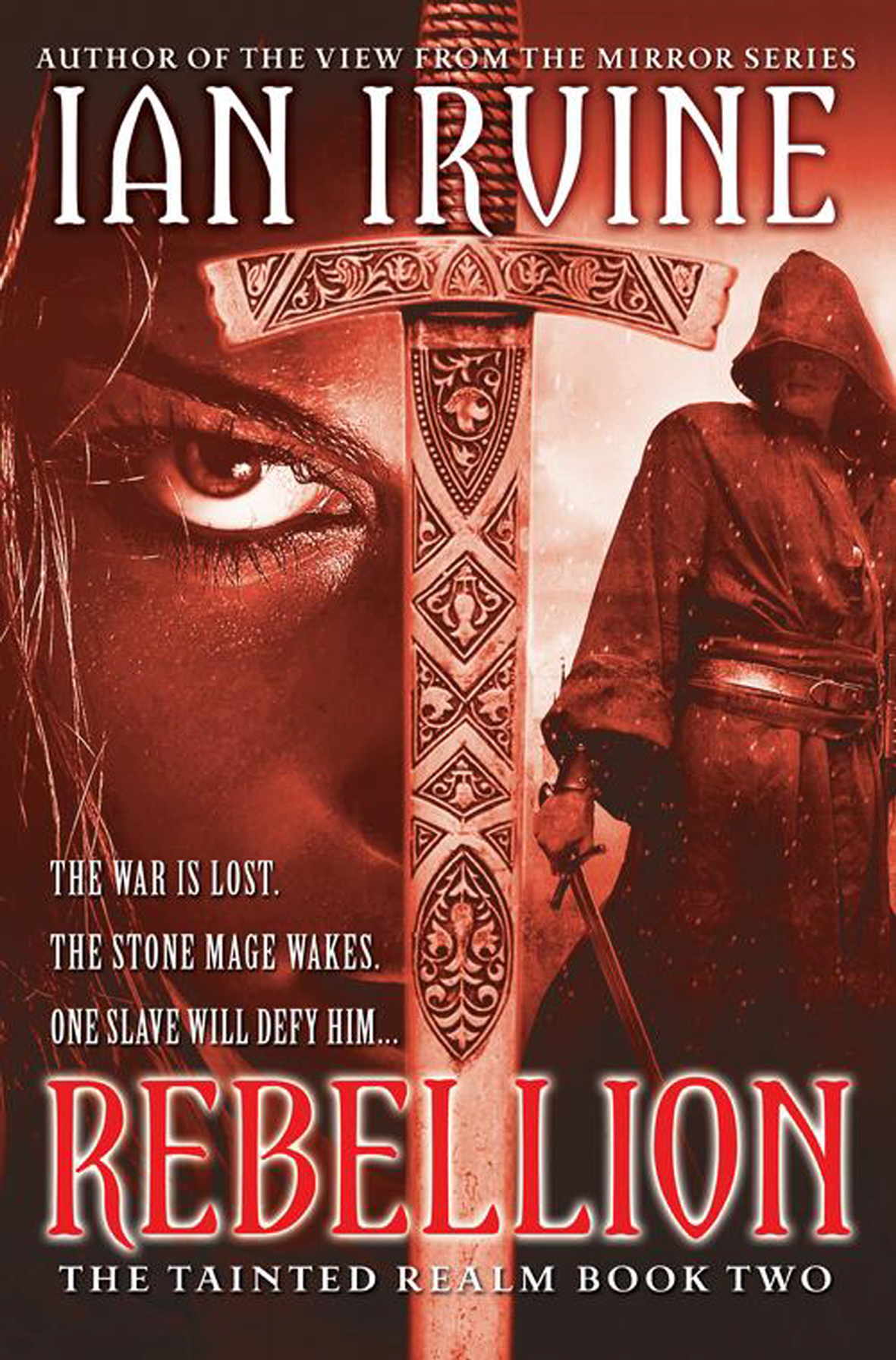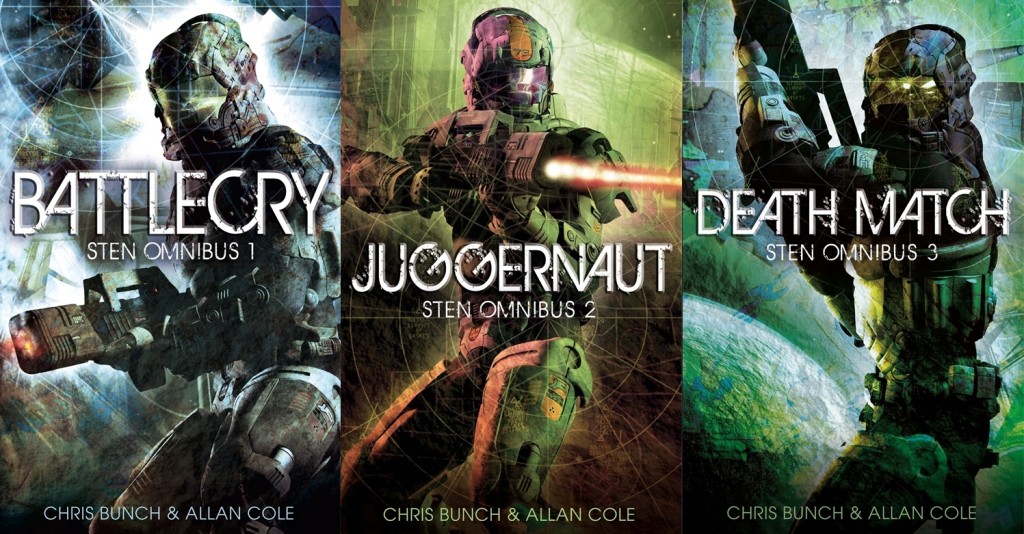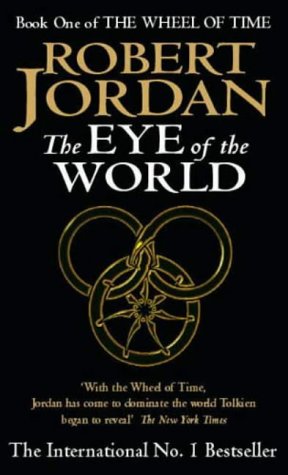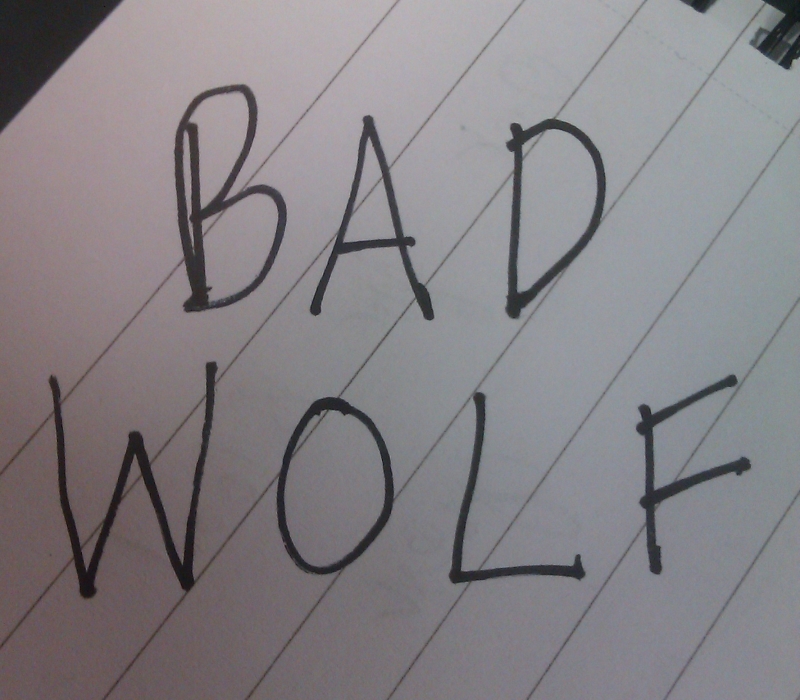John Scalzi interviews Matthew Stover about the ACTS OF CAINE
Since we heard that the illustrious John Scalzi was a super-mega-fan of the Acts of Caine novels by Matthew Stover, (which starts with HEROES DIE), we asked him if he wanted to interview Matthew . . .
When I was told that Orbit Books was releasing the entire Acts of Caine series in the UK, I let out a cheer. I am, unapologetically, a huge fan of this series of books, full as they are of action, adventure and grippingly written violence – along with classic dystopian themes, observantly written (and massively, compellingly flawed) characters, and world-building I’m jealous of as a writer even as I’m impressed with it as a reader. This is the series that put its author Matthew Stover on my map as someone whose books I had to read, no matter what he was writing.
Orbit asked me if I wanted to interview him on the occasion of the release of his books. Yes. Yes I did. Here it is.
John Scalzi: Heroes Die, the first book in the Caine series, in many ways presaged the current wave of “grimdark” fantasy – those works with lots of unapologetic action and violence threaded into their tales. At the time you were writing the book, were you aware you were slashing a new path through that particular jungle? Or were you just focused on writing a story you wanted to tell?
Matthew Stover: I wasn’t trying to do something new. I was only trying to do something good.
I started writing the story that eventually became Heroes Die when I was seventeen. A variety of versions were submitted to, and summarily rejected by, a variety of publishers over the course of the next eighteen years. I tried every approach I could think of to make the story appealing to editors, but nothing worked. Finally – in despair – I said to myself, “Screw this sh*t. If it’s going to fail anyway, write the goddamn thing exactly how you want it to be. At least you’ll have that.” So I did. And here we are.
This is why my first advice to younger writers is to write the book you wish somebody else would write so you could read it.
JS: You also, and very unusually, have created a series of books that are both science fiction and fantasy, as opposed to choosing to be on one side of that (in my opinion, often arbitrary) line. For me as a reader, that felt almost revolutionary – not in an excessive “have your cake and eat it too” sort of way, but in that it allows you to world-build two separate but vital universes, and build stories in the tension between the two. But from the practical point of view as a writer – well, it’s a lot of work. Talk a little about your world-building strategies and why it was you chose to straddle the two genres in this series – and the challenges you have in making sure the two universes are balanced in service to the story.
MS: It has been a lot of work. But, y’know, I wrote these four books over the course of about fifteen years, which leaves plenty of time for things to develop more-or-less organically. Much of the world-building is a by-product of thinking about other stories I might want to tell in that milieu – even if I never write the stories, their background features remain.
I chose the dual-world structure because one of the themes that seem to underlie all my original work has to do with the role of imagination in creating our experience of reality. When I was a kid, I was very taken with de Camp and Pratt’s Harold Shea stories – psychologists who find a way to transport themselves into mythical (later, outright fictional) realms through some hand-waving involving symbolic logic. These stories make crystal clear the fact (bleedingly obvious, in retrospect) that fantasy is the map of human psychology. I wanted a Real World to contrast with the Fantasy World, but I wanted the Fantasy World to be real too. After all, dreams are themselves real things, even though the experiences we have in them are products of our own imaginations (pacé various mystical traditions).
And I didn’t really choose to combine two genres, because I don’t believe they’re really separate. Science fiction is a subset of fantasy (as is all literature, after all). Heinlein wrote stories with magic in them. So did Larry Niven. And Poul Anderson. Fritz Leiber wrote some straight SF. I write stories that have (some) science and (some) social extrapolation in them. And magic too. Though I usually tell people I’m a science fiction writer, because when I tell them I write fantasy, I have to endure some variation of the following conversation:
“Really? Like Lord of the Rings?”
“No, not like Lord of the Rings.”
“Like Harry Potter, then.”
“No, like Star Wars.”
“But Star Wars is science fiction.”
“Look, what do you call it when a young knight is given his father’s magic sword by an old wizard and then sent off on a quest to defeat the Dark Lord?”
“I call it fantasy.”
“No, you call it Star Wars, Einstein. Now shut up before I unscrew your head and drop-kick it into a parallel dimension.”





